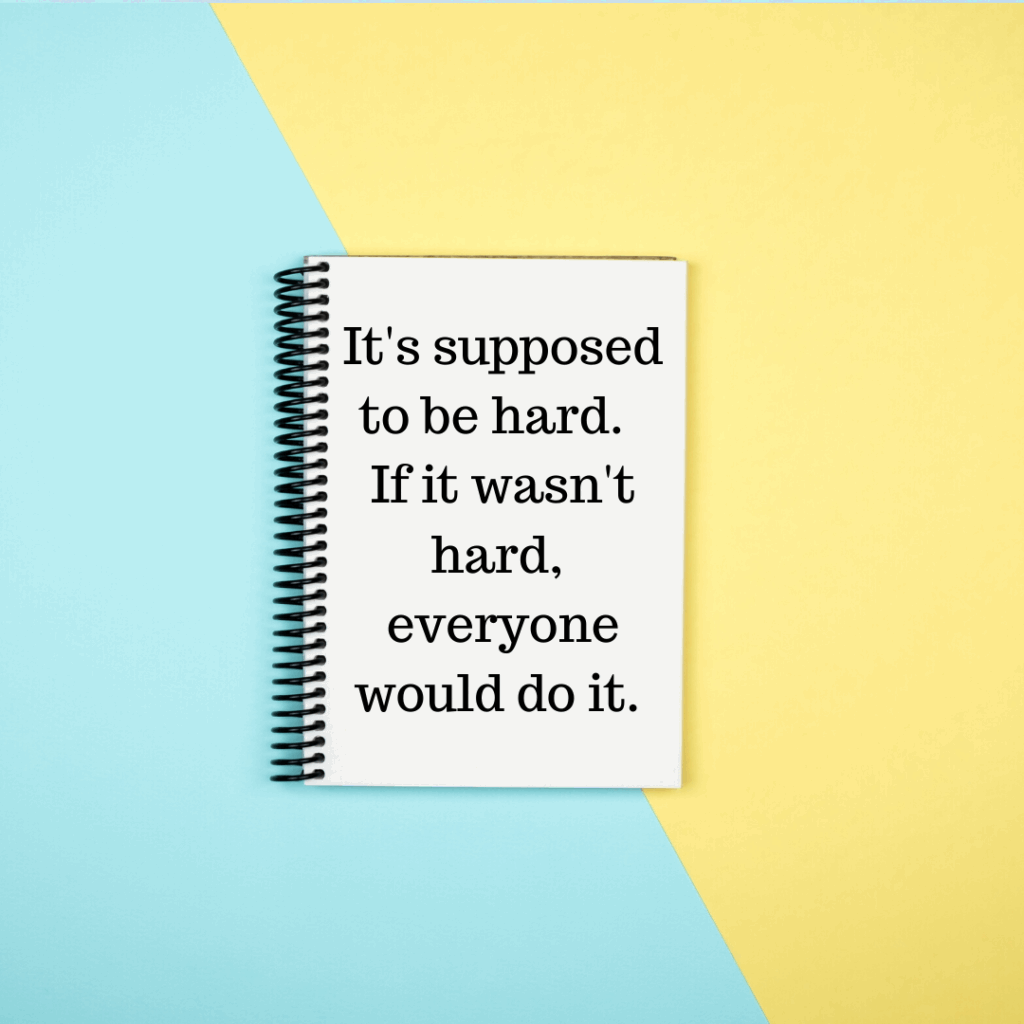
Inspire yourself – even if it’s still January
January is nearly over, and 2019 is well and truly underway. Despite my love of the fresh start that January brings (and I think that is the only thing I love about January), around now I usually find myself hitting a motivational slump, and all my goals for the year ahead seem far too ambitious, despite having another 11 months to go before the next round begins (insert crying and wailing emojis here) .
There are a variety of ways to boost motivation, such as inspirational quotes, visualisation and repeating positive affirmations to yourself. Now these may all work very well for some people, and certainly when things are going well, an inspirational quote can push me along very nicely indeed. However, when I’m exhausted, frustrated and finding it impossible to figure out where to go next (be it school, college, work, relationships, or life in general), I find the best ways to pull myself out of the motivational abyss is to either look to other people for inspiration, or get out of my head completely for a while (sometimes a combination of both) – invariably, the fresh perspective I gain on my return makes everything easier to navigate.

Read a book
- The Success Principles by Jack Canfield may sound overly simplistic or even vaguely patronising, but I really enjoyed it. Canfield’s logical and no-nonsense tone is easy to read, and I’ve forgotten how many times I’ve picked this one up. It’s broken down into chapters related to each (yes you’ve guessed it) “success principle”, which makes it very easy to pick and choose what’s pertinent to you when you need a refresher (hence the repetitive reading).
- Jack Black (once again, not the comedian/actor, the dude from Glasgow) and his Mindstore Book are always up near the top. His goal-setting workshop helped me start my year on the right foot, and if you sign up to his online Mindstore library, you are rewarded with a couple of free modules to listen to. This podcast is a short introduction and one I tend to listen to when I’m having trouble nodding off (so convenient how insomnia tends to accompany inspirational slumps).

Listen to a youtube video or podcast
As with the above for Jack Black, podcasts or youtube videos are easy to fit into your day, no matter how busy you are – you can listen on the way to work, while in the gym or before bed.
- Ted talks are great for this, although there is the danger of wandering off along a random trail and ending up binging netflix style (or is it really only me?). This one by Brené Brown is one of my favourites.
- Almost anything from Dr Wayne Dyer – although Dyer passed away in 2015 his voice seems to speak so directly to you, it’s hard to believe it. He wrote extensively over his lifetime, with Your Erroneous Zones spending over a year on the New York Times bestseller list – and eventually going on to become one of the top-selling books of all time.
Get out of the house (and your head)
Running (and now yoga) is a form of therapy for me, however I do realise it’s not for everyone. Exercise of any type will usually help, but even if that’s really not your thing (and let’s face it, on a dark January evening it’s not really mine either), there are other ways of resetting your mind. Hiking is another favourite, especially early in the morning. Going for a walk or a coffee without your phone can clear your head – especially if you bring a book to read or journal to write. Even just writing down whatever’s in your head with the intention of throwing the pages away immediately after can change the direction of your thoughts. Generally, disconnecting from technology for a couple of hours at the weekend (and being mildly disturbed at how often your hand reaches for your phone) can really create some breathing space.

So that’s my emergency quarter-life crisis strategy – which may be more necessary than I’d like, as Millennials are officially the most stressed out generation, according to a survey from the American Psychological Association. We are also the generation least able to handle it, apparently(great), but at least that means you’re definitely not alone. Another study included the 9 hours a day students spend on their phone as part of the problem – I think the less time we can all spend with our phones the better (and I’m up there with the best addicts). Airplane mode at night time is a start, but I’ve been curious about a 24 hour digital detox for a while…I’ll let you know if it ever happens!

